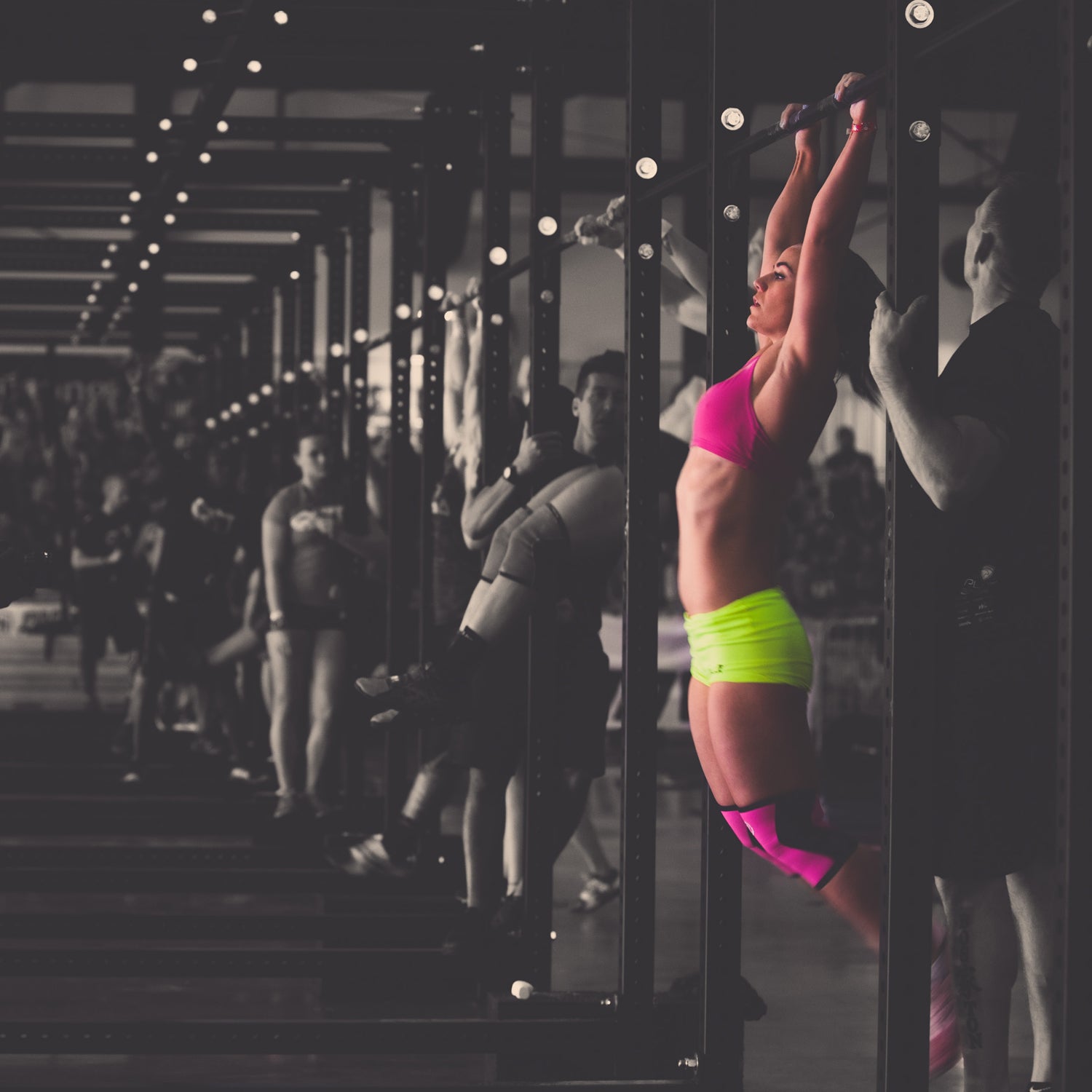Americans are in love with the 10,000-hour rule. First by Florida State University psychology professor , the rule held that it takes 10,000 hours of deliberate practice to become an expert in just about anything, from violin-playing to typing to sports. (“Deliberate practice” meaning participation in structured activities meant to optimize performance in a specific domain.)
Journalist Malcom Gladwell popularized the theory in , a case study of successful people and how they got that way, including Bill Gates and Mozart. The bestseller was published just two weeks after Obama won the 2008 presidential election with a strong message that Americans can do whatever they set their minds to, something akin to Walt Disney’s “If you dream it, you can do it.” That ubiquitous inspirational poster quote might as well be our national motto. The 10,000-hour rule was made for our optimistic nation of self-improvers. Unfortunately, science doesn’t care.
A new study from Princeton researcher, , and her colleagues declares that golden 10,000-hour rule is, in fact, a myth. Their meta-analysis of 88 deliberate practice studies suggests that “the amount of practice accumulated over time does not seem to play a huge role in accounting for individual differences in skill or performance in domains including music, games, sports, professions and education,” . In music, deliberate practice accounts for a 21 percent difference in individual performance; in sports, the researchers conclude, it accounts for just 18 percent.
The scientists behind this new study aren’t saying training is pointless—eighteen percent is the difference between a four-hour marathon and a 3:17, after all. (A huge accomplishment, but still not an Olympics-worthy run.) They’re just saying that training volume, measured in time, is not a great indicator of performance. In other words, that American dream of training your way to the top isn’t always possible. “Deliberate practice is important,” , “but not as important as has been argued.”
That shouldn’t faze athletes. We’ve always known that the 10,000-hour rule was a fairytale, even if we didn’t want to admit it. We’ve been neck-deep in the nature versus nurture debate for decades, talking about Jamaican sprinters and East African distance runners and their apparent genetic predisposition toward greatness in their respective fields. We know 10,000 hours of training, or 20 hours per week for 50 weeks a year for 10 years, may improve our performance, but it doesn’t guarantee that we’ll beat Usain Bolt in a 100-meter race.
So scientists took away our prescription for peak achievement while they work on writing a new one. (The age at which an athlete picks up a sport may play a large role in performance, as might certain cognitive abilities, such as working memory, Princeton writes.) But we still love the idea that the more we try, the closer we’ll get to glory. It’s part of our American culture, not just in sports, but in everything we do. The 10,000-hour rule just isn’t realistic, and that should be a liberating revelation: 20-hour training weeks may not be necessary to dominate at whatever we’re doing.
So keep training. You may not become an expert (or as we say in sports, a pro), but you’ll be a better athlete for it—even if you never hit 10,000 hours of training.


